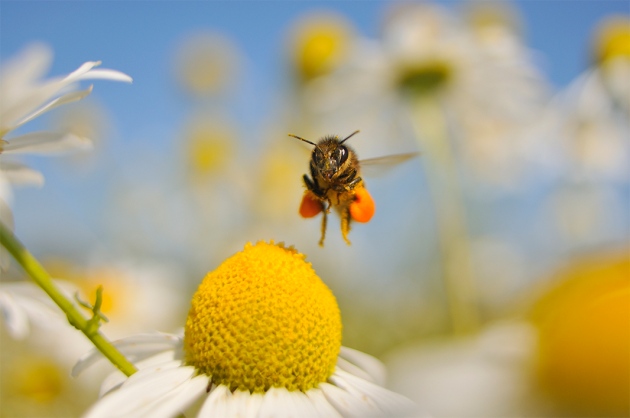MI weekly selection #253

Varying levels of pesticides found in most honey samples collected worldwide
Scientists have found varying levels of neonicotinoid pesticides in 75% of samples of honey from almost 200 areas around the world. Neonicotinoid pesticides are believed to cause such health issues in bees as impaired brain function and slowed colony growth.
New genus, species of sponge in Pacific
A new genus and species of sponge has been discovered living on nodules of rock in the Pacific Ocean that are targets for mining. Plenaster craigi was found in the Clarion-Clipperton Zone between Mexico and Hawaii.
Strontium atoms, laser beams used to create precise atomic clock
The most precise atomic clock to date has been created. The quantum gas clock was made using chilled strontium atoms and laser beams.
Proton radius measured at smaller size
Protons have been measured at a smaller size by scientists at Germany’s Max Planck Institute of Quantum Optics. The new proton radius measurement is 0.83 femtometers, compared with the textbook measurement of 0.88 femtometers.
Nocebo effect of expensive-looking medications
Patients may experience stronger side effects if they believe a medication is more expensive, according to a study of the nocebo effect, the opposite of the placebo effect. Study participants were given one of two faux skin creams they were told would relieve itching but could increase pain sensitivity, and those given what they thought was the higher-priced cream reported increased pain by almost 30% compared with 3% for those given the presumed generic cream.